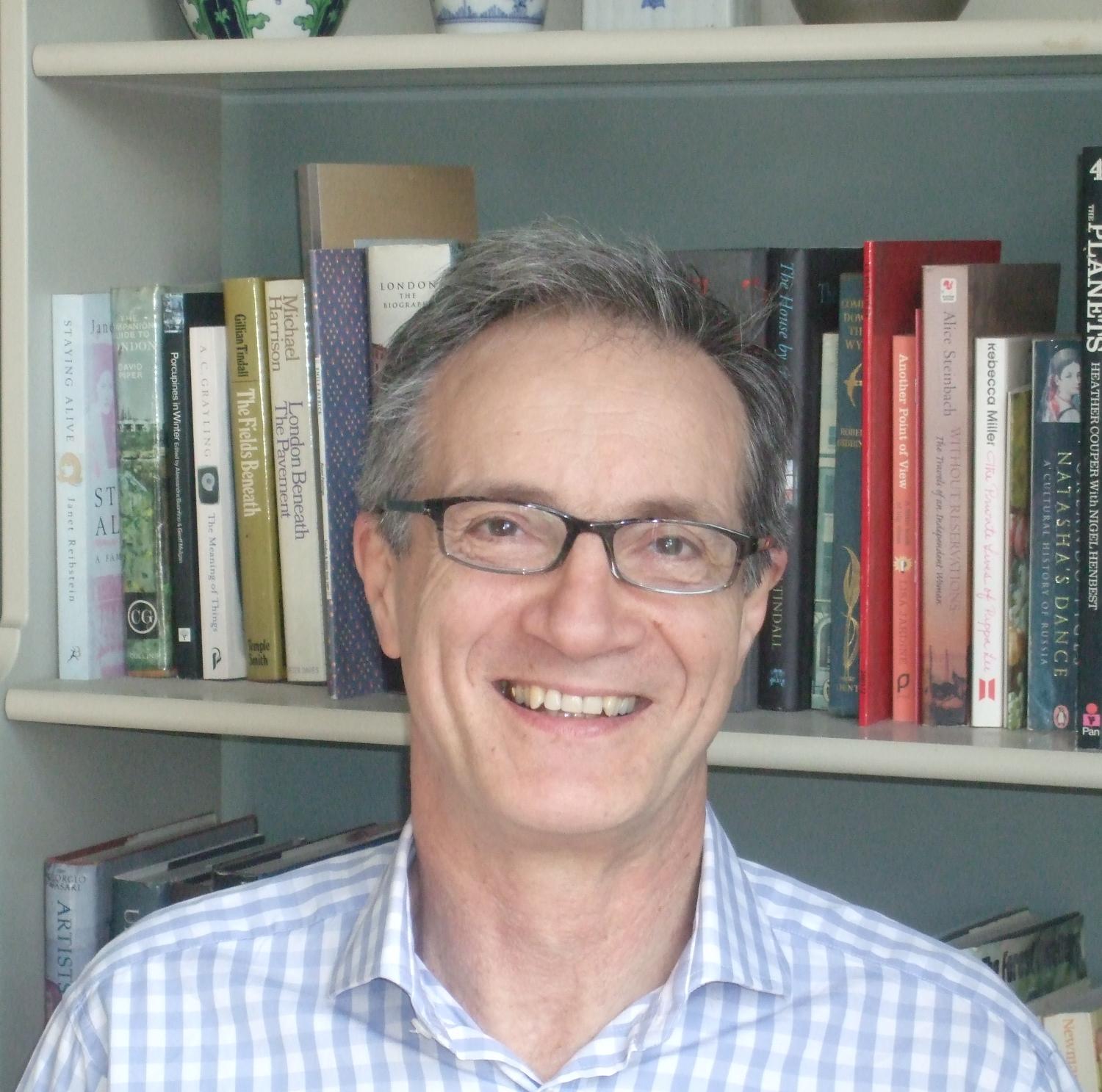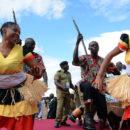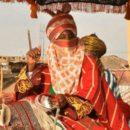Time to get back to basics at the BBC – By Richard Dowden

 The story that has practically broken the BBC this week was the result of an appalling breach of the first journalistic rule – get the facts right. The journalist, Angus Stickler, broke this basic rule when he failed to show the man who accused Lord McAlpine of child abuse, a picture of him. He should have shown him a selection of pictures and asked him to identify his abuser. Rule number one broken. But this career-ending failure came about in the context of a gradually loosening of the rules of reporting.
The story that has practically broken the BBC this week was the result of an appalling breach of the first journalistic rule – get the facts right. The journalist, Angus Stickler, broke this basic rule when he failed to show the man who accused Lord McAlpine of child abuse, a picture of him. He should have shown him a selection of pictures and asked him to identify his abuser. Rule number one broken. But this career-ending failure came about in the context of a gradually loosening of the rules of reporting.
The mantra that reporting should be “fair, accurate and balanced” is good as far as it goes but when journalists want a story badly, the rules get stretched. A senior editor on The Times once told me that tracking down a story was like hunting. You could wait for the single deadly-accurate rifle shot or you could let fly with a shotgun. Some of the pellets would miss but some would hit. All you had to do then was follow the trail of blood and move in for the kill.
Do you remember the feeding frenzy of African witchcraft stories that followed the “torso in the Thames” story in 2001? The headless and limbless body of an African child was found floating in the river near Tower Bridge, apparently the victim of a Yoruba ritual murder. The crime has never been solved, but in its wake the BBC – Mr Stickler in the lead – went on a witchhunt. Literally.
Stickler and others purportedly uncovered ritual murders linked to witchcraft in Congo, Angola, Uganda and South Africa as if ritually butchering children was a normal African past time. I remember one example on Newsnight from Acholiland in northern Uganda. The Acholi had been through 20 years of war caused by Joseph Kony’s Lord’s Resistance Army and the, perhaps deliberate, failure of the Uganda army to catch or kill him. My experience of Acholiland was that the people did not know who to hate more; Kony or Museveni. They had been forced by the government army to leave their homes and go into camps. The Acholis are a deeply traumatised society. There was talk, but no proof, that children had been ritually murdered. I remember Tim Whewell, the reporter, interviewing a man who claimed to be a former killer of children for witchcraft now turned hunter of witches and exorcist. The man was clearly building a profitable business hunting down witches. How many children have died in this way, the reporter asked? “A thousand” he said. The reporter then turned to the camera and repeated that a thousand children had been ritually slaughtered in Acholiland.
It is possible that there was some truth in the story. But in many African societies if you want to kill someone’s reputation you accuse them of being a witch. I also know – because I have fallen into that trap myself – that all societies use metaphors and phrases for emphasise. As a journalist you try to get the facts: who, what, why, when, how and how many? I am sure that the man in that Newsnight story said “a thousand” in the same way as the bible uses the number 40 to mean “˜many’. If I am wrong this has to be a huge ongoing story. Surely there should be a Newsnight reporter permanently in Acholiland giving us hourly updates on child killings? Instead the story was exaggerated and the fundamental issues in that society ignored. The reporter, however, was given an award for this piece of reporting.
When did you last see an African child sacrifice story? The feeding frenzy has passed, a lot of Africans have settled old scores by accusing their enemies of witchcraft, Africa is left with another nasty image on its reputation. Now it is the BBC that is left with a nasty image on its reputation.
Should we be helping White Zimbabweans?
I was recently invited to a lunch for a charity called Zane hosted by John Bercow, in his magnificent speaker’s rooms at the House of Commons. Zane is a charity set up for Zimbabwe by Tom Benyon, an energetic and engaging former MP. I was surprised to find that out of the 30 or so guests all were white and mostly over 65. I then discovered that the main focus of the charity was to support white pensioners, old Rhodesians, who had fallen on hard times. These had been the generation who had voted Ian Smith into power in 1964. He made the Unilateral Declaration of Independence of Rhodesia and said of one-man-one-vote democracy, “not in a thousand years”. These people had rebelled against Britain and caused the liberation war which cost hundreds of thousands of lives. That war also ensured that Smith’s successor would be an angry bitter man who would want revenge. Step forward Robert Mugabe.
Standing in these magnificent calm surroundings I felt a surge of rage but couldn’t find a target for it. Why should these people be helped? They rebelled against Britain, cut the links and brought war on themselves. Was this just white British tribalism? In fact none of the people I met from Zimbabwe had been a Smith supporter. One of the speakers who works for Zane articulated my confusion exactly. But she pointed out that the white pensioners of Zimbabwe are a particularly vulnerable group. The collapse of the Zimbabwe dollar and the banking systems destroyed all their savings and pensions. Some of them are starving. Unlike the African population, many of them have no family support. Some had children in other parts of the world but had lost contact or were too proud to ask them for help. African families always look after each other, especially the grandmothers and fathers. But part of the colonial project involved leaving home, cutting all links with it and creating a new world elsewhere on the planet. Putting them back in touch with family members elsewhere is something else the charity does.
The other group that Zane supports are the migrant workers from Malawi and Mozambique who worked on the white-owned farms and were driven out and left to fend for themselves. Many left home decades ago and are too poor to get back. It also does community projects in what Zimbabweans call the “high density” areas, once known as townships.
Richard Dowden is Director of the Royal African Society and author of Africa; altered states, ordinary miracles. For more of Richard’s blogs click here.






